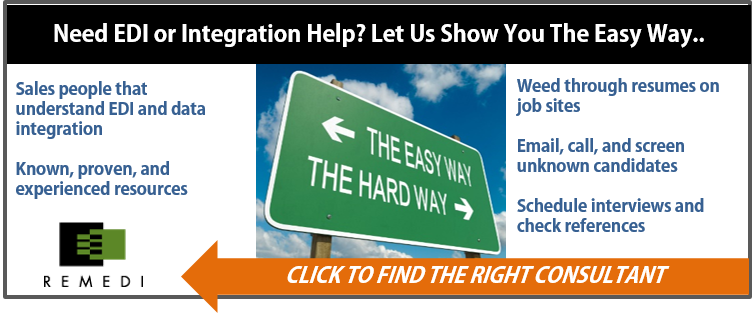In his June blog article Kelly Nichols discussed the importance of staff retention to avoid the high cost of replacing key talent. Today, let’s focus on a couple of aspects that every employee seeks from management, whether they know it or not. Do these two things well, and you’ll have a head start on avoiding the catch and release cycle of employee hiring that all too many managers dread.
Providing Autonomy and Feedback
Autonomy
Talk to most employees long enough and autonomy will become a topic of conversation. Most disciplined and well-adjusted adults want to be given an assignment and the autonomous freedom (earned trust) to execute and deliver the desired results on their own. Issues can arise when delegating tasks to your staff that cause friction. Sometimes expectations of what success looks like aren’t made clear, or expectations are crystal clear but management hovers too closely. The employee either feels micromanaged and frustrated, or worse, fails to develop a healthy sense of accountable autonomy. Either of these latter two issues can result in employees seeking work elsewhere.
Some of the best managers I have had the opportunity to observe have been able to avoid both of these unproductive scenarios by doing a couple of simple things:
- Ensure tasks being delegated are understood well enough that they can be summarized back to you at a sufficient level of detail to give you confidence that employees understand your expectations of what success looks like completely.
- Ask the employee what the process of keeping you updated should look like. Help them fill in any gaps related to frequency, method, or detail, and then hold them accountable for driving updates on mission progress to you regularly and proactively. Use the first missed or insufficient update as a clue to step in and reset expectations.
Feedback
Once the project is over don’t miss the opportunity to provide career-building feedback. The employee you have trusted to hit the mark needs to know what you think about their work. In the absence of your specific feedback, doubts about your confidence in them will begin to creep in. Don’t avoid providing a constructive critique when required to raise lacking performance, but at the same time don’t neglect the opportunity to provide specific feedback for a job (or parts thereof) well done.
Beware the tendency to dismiss perfectly good work in the quest for work that is perfect. Use feedback as an opportunity to mentor your employees rather than just managing their productivity. One way to do so is to provide coaching and insight about how they can improve their future execution during the delegation of the next task. Involving the employee in a discussion about how they can improve a personal process, effort, or outcome at the beginning rather than end of projects can help set them on the path toward a continuous improvement mindset.
Intentionally focusing on providing accountable autonomy and proper feedback will help you spend your days managing the careers of high performing keepers, instead of reactively hiring to replace the one that got away.



